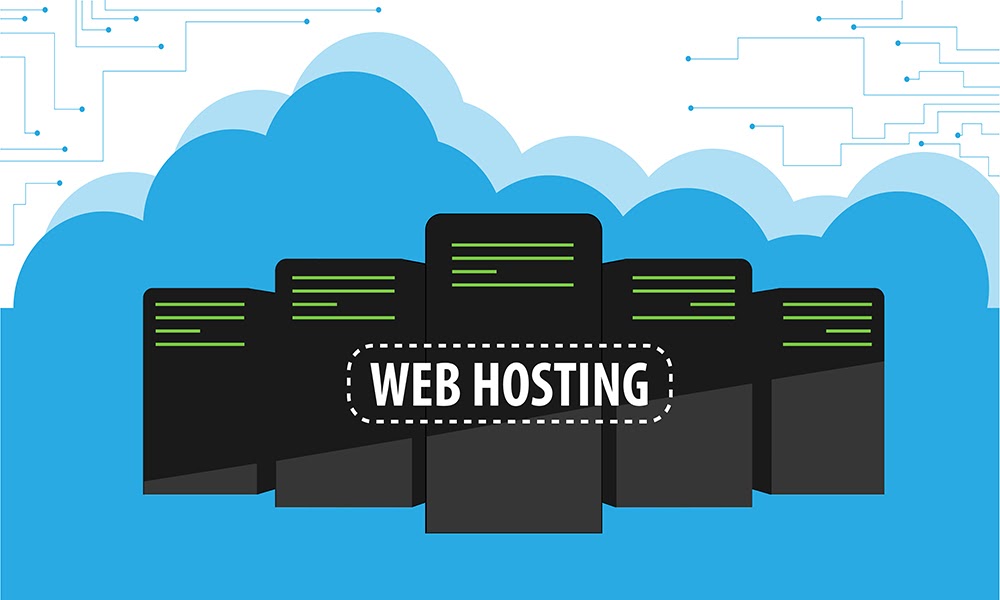What Is Web Hosting?
Every website on the internet needs a host. It’s like a place where all web information is stored and put to use. The hosting service provider provides the technology and services needed to host the website (build a server from scratch and solve technical problems from time to time). There are four main types of hosting in the market today. Shared hosting, Cloud Hosting, VPS Hosting and Dedicated Server Hosting.
Shared Hosting
Shared hosting is where multiple users or websites are located on one web server while sharing the same server resources. For example, there are multiple separate departments located in one building. However, all these employees would share common facilities, such as the washroom, IT room, meeting and conference room. Users of a shared hosting have their websites hosted on the same server, same specifications and resources (include the CPU, RAM, memory, and disk space).
| Advantages | Disadvantages |
Ease of use · Usually managed by the server company · Users do not need to worry about security, upgrades and maintenance | Lack of server control and performance · Users have no root access to the server · If the server down, all the websites hosted on the same server would share the same downtime which leads to loss of profit Difficult to scale · Since the resources are shared, you need to discuss before using them Data security is not guarantee · When one website is contains viruses or intruded by hackers, the rest of the websites would be affected too |
Dedicated Server Hosting
A Dedicated Server Hosting is a web hosting service that can rent out the entire server to clients. The user will not share the server with anyone else. As an example, it is like living in your own house. You do not need to share the property with anyone. You can access to all the server resources and you have the complete permissions. You can freely configure the hosting environment to meet the exact specifications of your needs and expectations.
| Advantages | Disadvantages |
Superior Performance · Because you are not sharing the server resources with anyone, the websites hosted will run faster and smoother, but the performance would still depend on the specifications of the server Data is more secure · The data is more secure because there is no one else have the access to your server | Not recommended to a beginner · Requires you to have a certain degree of technical knowledge in terms of maintaining a server Expensive · Dedicated Server Hosting is one of the most costly option among all server hosting |
Cloud Hosting
Cloud server is a web hosting service built, hosted and delivered through cloud computing technology. Compared with typical servers, cloud servers have similar functions, but it can be accessed remotely from the cloud service provider. Cloud hosting is built on more servers, so you can access more server resources.
| Advantages | Disadvantages |
Great Reliability · Malfunctions rarely happen Extremely scalable and flexible · You can upgrade your server specifications to expand your use at anytime and anywhere you wish, since it can be accessed remotely Cheap · Affordable for commercial uses | Requires Experienced Person · The user need advanced knowledge in server hosting in order to setup |
Virtual Private Server (VPS) Hosting
A virtual private server or VPS is a virtual environment that runs on its own operating system (OS) – usually Linux or Windows. Unlike a dedicated server that runs completely on a mother computer, the mother computer of a VPS is divided into multiple compartments. Although these compartments share the same server, the server specifications and resources are allocated for each compartment separately. Therefore, this makes VPS a more affordable solution compared to dedicated servers.
| Advantages | Disadvantages |
· Great Server Performance · More Affordable Price · Offers More Data Security compared to shared hosting · Users get individual access to root server and has the freedom to customize their own VPS.
| · Need a certain degree of technical knowledge in order to configure the server
|


